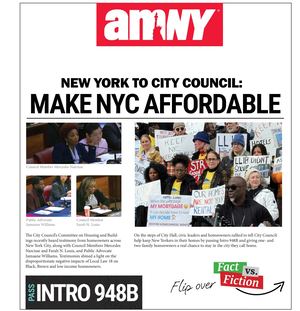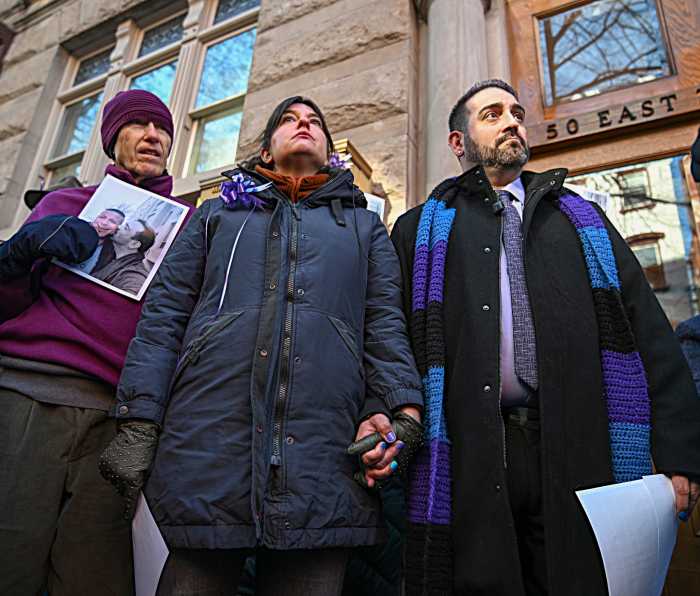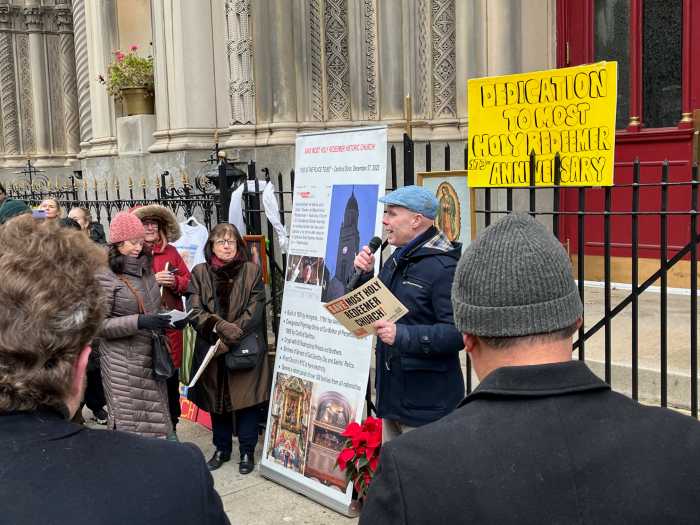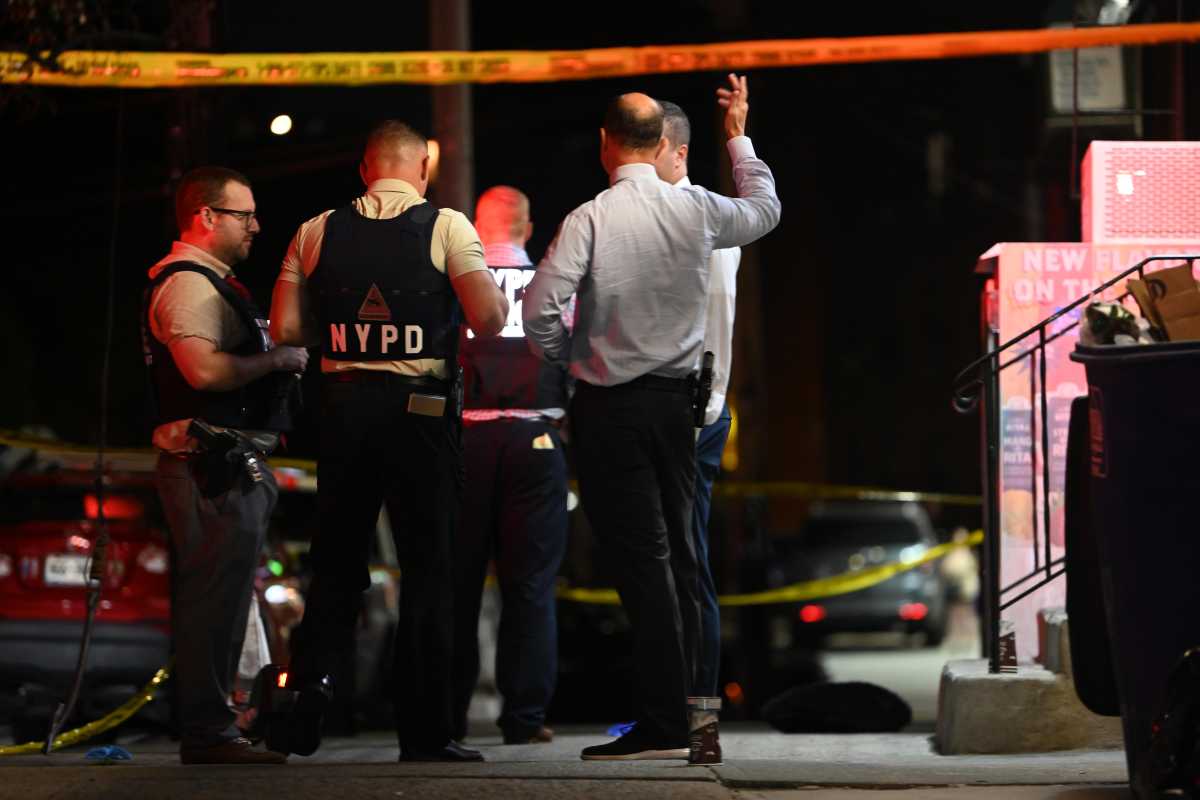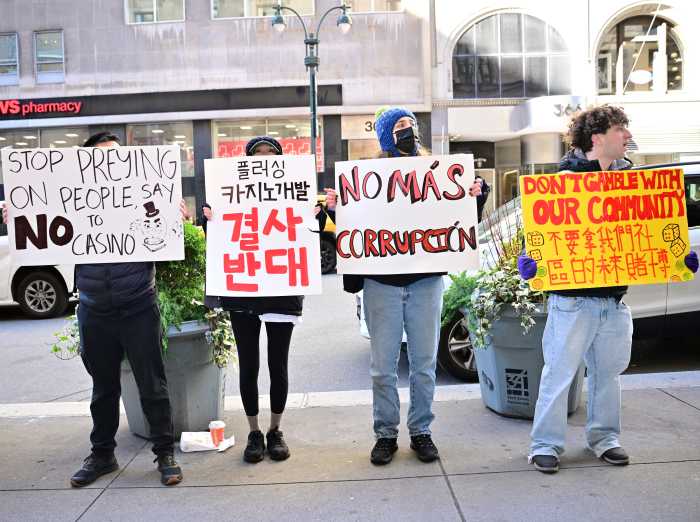By Norman Solomon
Media eulogies for Walter Cronkite, who died on July 17, rarely talk about his coverage of the Vietnam War before 1968. This obit omit is essential to the myth of Cronkite as a courageous truth-teller.
But facts are facts, and history is history — including what Cronkite actually did as TV’s most influential journalist during the first years of the Vietnam War. Despite all the posthumous praise for Cronkite’s February 1968 telecast that dubbed the war “a stalemate,” the facts of history show that the broadcast came only after Cronkite’s protracted support for the war.
In 1965, reporting from Vietnam, Cronkite dramatized the murderous war effort with enthusiasm.
“B-57’s — the British call them Canberra jets — we’re using them very effectively here in this war in Vietnam to dive-bomb the Vietcong in these jungles beyond Da Nang here,” he reported, standing in front of a plane. Cronkite then turned to a U.S. Air Force officer next to him and said: “Colonel, what’s our mission we’re about to embark on?”
“Well, our mission today, sir, is to report down to the site of the ambush 70 miles south of here and attempt to kill the V.C.,” the colonel replied.
Cronkite’s report continued from the air: “The colonel has just advised me that that is our target area right over there,” he said. “One, two, three, four, we dropped our bombs, and now a tremendous G-load as we pull out of that dive. Oh, I know something of what those astronauts must go through.”
Next, viewers saw Cronkite get off the plane and say: “Well, colonel, it’s a great way to go to war.”
The upbeat report didn’t mention civilians beneath the bombs.
Also in 1965 — the pivotal year of escalation — Cronkite expressed explicit support for the Vietnam War. He lauded “the courageous decision that Communism’s advance must be stopped in Asia and that guerilla warfare as a means to a political end must be finally discouraged.”
Why does this matter now? Because citing Cronkite as an example of courageous reporting on a war is a dangerously low bar — as if reporting that a war can’t be won, after cheerleading it for years, is somehow the ultimate in journalistic quality and courage.
The biggest and most important lie about an aggressive war based on deception is not that the war can’t be won. The biggest and most important lie is deference to the conventional wisdom that insists the war must be fought in the first place and portrays it as a moral enterprise.
Solomon is the author of the new book “War Made Easy: How Presidents and Pundits Keep Spinning Us to Death.”
